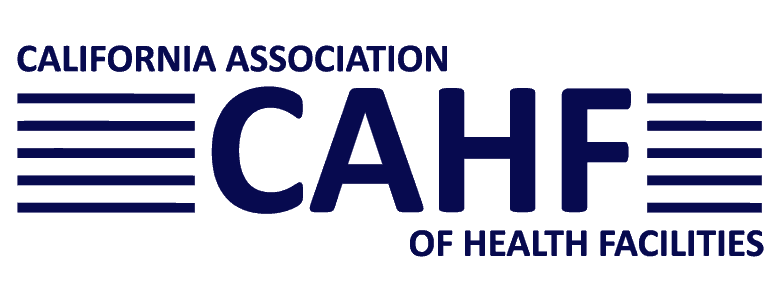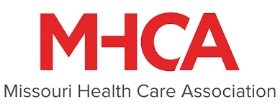MAKE YOUR HEALTHCARE ASSETS
WORK FOR YOU
At eCapital, we specialize in delivering financing solutions designed to meet the needs of healthcare facilities.
Whether you’re investing in medical equipment, upgrading facility and technology infrastructure, navigating reimbursement uncertainties, or addressing the complexities of regulatory compliance, our tailored financing solutions provide flexible access to the working capital you need.
Our goal is simple: to finance your long-term profitable growth while offering maximum flexibility. With eCapital, you’ll have the right solution to meet your specific goals and needs of your healthcare business.




